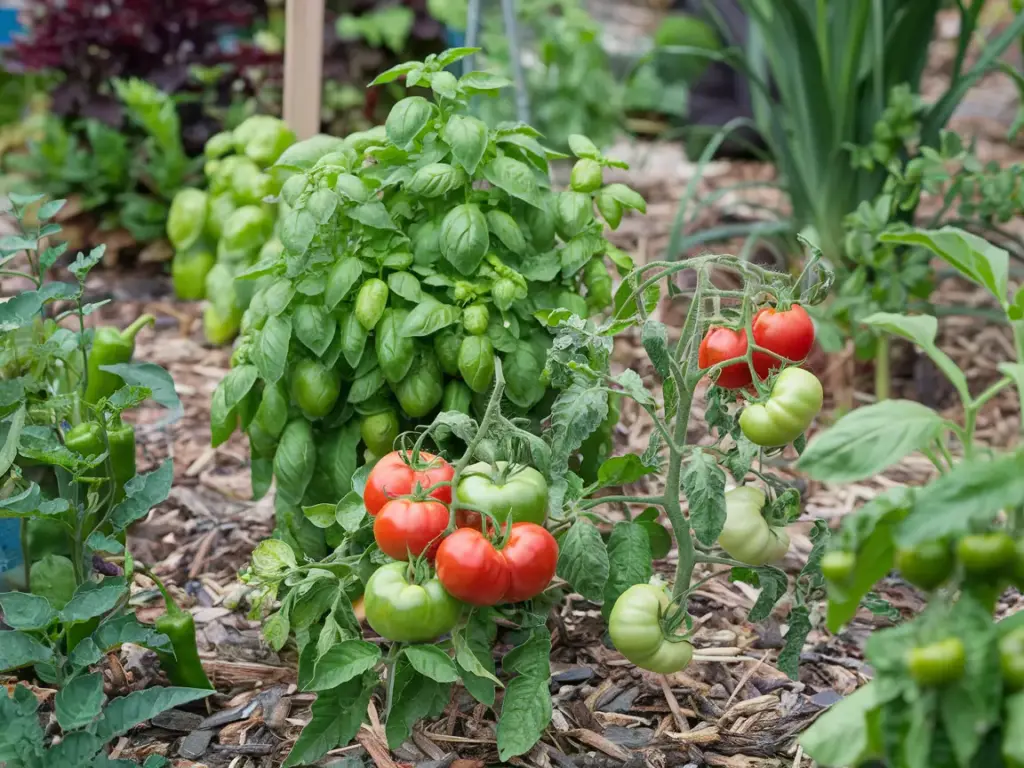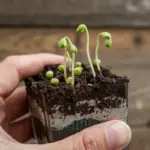Strategic Prevention Techniques: Stop Garden Pests Before They Start

Let me tell you something I learned the hard way – preventing pest problems is way easier than dealing with an infestation*. After watching countless vegetables fall victim to pest damage, I’ve developed some foolproof prevention strategies that have transformed my garden into a thriving ecosystem.
Smart Garden Layout Planning
The layout of your garden isn’t just about aesthetics – it’s your first line of defense against pests! I remember my first vegetable garden where I crowded everything together, thinking I’d maximize space. Big mistake! What I got instead was a humid, crowded mess that practically invited every pest in the neighborhood to feast.
Now I follow the companion planting method, and wow, what a difference! I plant my aromatic herbs like basil and rosemary between my tomatoes and peppers. These strong-smelling plants naturally repel many common garden pests. Plus, I’ve learned to create wildlife corridors – small paths between plant sections that allow beneficial insects to move freely and hunt those pesky pests.
Soil Health Optimization
Here’s something most gardeners overlook – healthy soil equals healthy plants, and healthy plants naturally resist pests. I spent years battling aphids before realizing my soil was the real problem. Now, I maintain a strict soil care routine:
- Add organic compost every spring and fall
- Maintain proper pH levels (I test monthly)
- Include beneficial microorganisms through compost tea
- Practice crop rotation to prevent soil depletion
Best Practices for Plant Spacing
You wouldn’t believe how many pest problems stem from improper spacing! I used to think I could squeeze in “just one more” tomato plant – until I learned about the importance of air circulation. Now I follow these spacing guidelines:
- Tomatoes: 24-36 inches apart
- Peppers: 18-24 inches apart
- Leafy greens: 12-18 inches apart
- Root vegetables: 4-6 inches apart
This proper spacing has dramatically reduced fungal issues and made it harder for pests to hop from plant to plant.
Seasonal Maintenance Checklist
One of my favorite tools is my seasonal maintenance checklist. I learned that timing is everything when it comes to pest prevention. Here’s what works for me:
Early Spring:
- Clean up winter debris
- Add fresh compost
- Install physical barriers like row covers
Summer:
- Monitor for early signs of pest damage
- Prune for better air circulation
- Apply organic mulch
Fall:
- Remove diseased plants
- Plant cover crops
- Clean and store garden tools
Ready to take your pest control strategy to the next level? Click the “next” button below to discover the fascinating world of Biological Controls. I’ll show you how I turned my garden into a battlefield where beneficial insects do all the heavy lifting for me! Trust me, you won’t want to miss learning about the tiny warriors that can protect your precious vegetables naturally.









GIPHY App Key not set. Please check settings